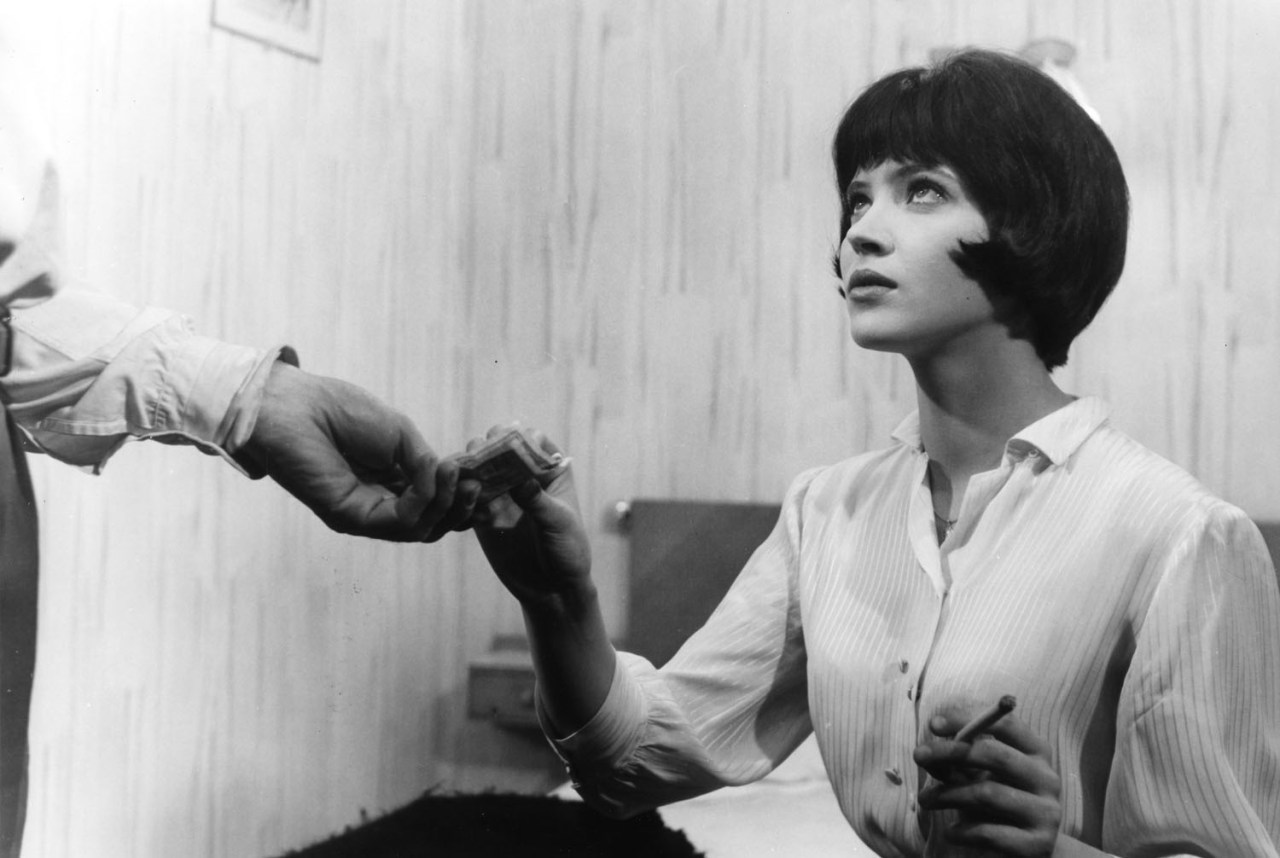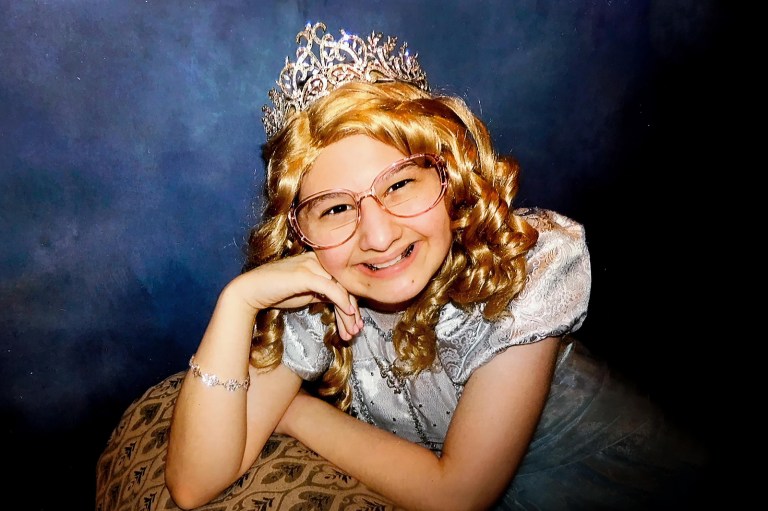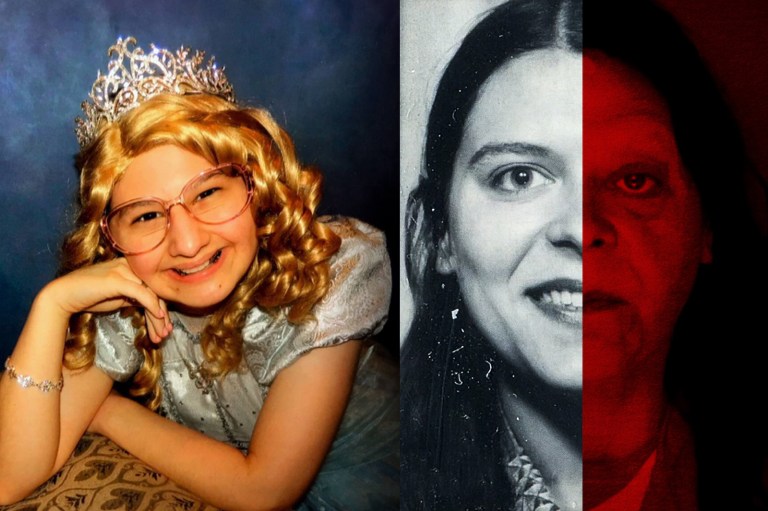
We Need To Stop Romanticizing Mental Illness
Mental illness and low self-esteem are terrible things. But it seems that the movement to de-stigmatize them has gotten horrifically confused with a movement to romanticize them. And that is dangerously tragic in itself.
By Lara Kahn
I can’t log in to Tumblr anymore without seeing it all over: black and white photos of Anna Karina in Vivre Sa Vie, showcasing tragic subtitles; smudged Sharpie handwriting on paint color samples talking about low self-esteem; text posts with tens of thousands of notes, all because one person decried a sense of emotional well-being. Mental illness and low self-esteem are terrible things. But it seems that the movement to de-stigmatize them has gotten horrifically confused with a movement to romanticize them. And that is dangerously tragic in itself.
I was diagnosed with a mental illness at the age of 16. I suffered from severe anxiety, generalized panic disorder, and depression. My official diagnosis is a combination of the three, but is best described as Cyclothymia, or mild Bipolar Disorder. I’ve been on medication for it since I was 17, and am constantly keeping an eye on it. I’ve written essays on ways to manage it, how to keep it in check, advice for those newly diagnosed, and more. As the daughter of a psych professional, I was lucky and had the resources to get everything managed in a supportive environment. Of course, I know most people are not as lucky, which is why the right kind of support for teens and young adults suffering from mental illness is crucial.
There’s still a stigma, of course. Being mentally ill is becoming less taboo, but admitting you have a mental illness is still disturbingly difficult. Whenever I date someone, I have to construct a safe and private setting to “come out” to them as being a sufferer of Bipolar Disorder. Too frequently, people label anyone having a tantrum as “bipolar”, simply because their feelings have changed. Anyone who enjoys keeping a relatively clean house is “OCD”. Someone who doesn’t go clubbing till 3 AM has “social anxiety”. And that leads to stigma, and uses actual disorders to label negative or disagreeable attributes that are anything but. Having a mental illness is terrifying, and a society that is still confused about it certainly doesn’t help.
And so, stigma in tow, both the diagnosed and the undiagnosed gravitate toward vast internet communities where they can reach out to those who are in the same boat. The problem is that those in the same boat frequently shut off the outside world, the emotionally healthy resources of psych professionals, and supportive friends and family members. In this online shell, they can turn off the painful reality of having a mental illness. Change need not happen if one is surrounded by like-minded people who make illness an ideal, and romanticize it with beautiful art. Of course, much of the most brilliant art has been created by the mentally ill, and can be alarmingly seductive in its brilliance.
So when a mentally ill teenager signs in to Tumblr and sees a dashboard full of other mentally ill teenagers, it’s not a cure, but a danger. A culture has developed that idolizes mental illness, and encourages self-harm, self-medication, and even at times ending it all and becoming immortalized as a romantically tragic soul. This attitude doesn’t always—and many times does not—lead to suicide or any such “obvious” signs. But it can feed into the attitude that has become more and more prevalent: that doing the raw, tedious, unexciting and difficult work of therapy is not the answer. That embracing mental illness, glorifying it as tragedy, and staying insulated in a community where no one will ever tell anyone that mental illness is not a way to live, is the answer. ![]()










